Future of Electric Vehicles in India 2023 The Transformative Role of AI Technology

Role of AI Technology 2023. In recent years, India has been making significant strides towards a cleaner and more sustainable future, with a strong focus on electric vehicles (EVs). As we step into 2023, the future of electric vehicles in India is brighter than ever, and a major catalyst for this transformation is the integration of Artificial Intelligence (AI) technology. This blog explores the various aspects of how AI is shaping the EV industry in India and the remarkable examples of EVs utilizing AI to enhance their performance. Future of electric vehicles in India
- Range Optimization: One of the primary concerns for EV users is range anxiety. AI plays a pivotal role in optimizing an EV’s range through predictive analytics. For instance, Tesla’s AI-driven navigation system learns from the driver’s behavior and road conditions to suggest the most efficient route, maximizing the range. Future of electric vehicles in India
- Battery Management: Efficient battery management is crucial for the longevity and performance of an EV. AI algorithms monitor the battery’s health, temperature, and charging patterns in real-time, ensuring optimal performance. Indian companies like Tata Motors are actively using AI to enhance battery management in their EVs.
- Smart Charging: AI-powered charging stations can analyze data such as grid demand and EV owner preferences to offer optimized charging schedules. This reduces strain on the grid during peak hours and lowers electricity costs for EV owners.
- Autonomous Driving: AI-driven autonomous driving features are increasingly becoming common in EVs. Mahindra Electric’s XUV500 and Tata Nexon EV incorporate advanced driver-assist systems that use AI for adaptive cruise control, lane-keeping, and parking assistance. future transportation technology
- Predictive Maintenance: AI-driven predictive maintenance helps identify potential issues in EVs before they become major problems. This minimizes downtime and maintenance costs. For example, the Hyundai Kona Electric uses AI to predict when components may need servicing. Future of electric vehicles in India
- Energy Recovery Systems: Regenerative braking, an energy recovery system in EVs, benefits greatly from AI optimization. The system intelligently controls the regenerative braking force, ensuring efficient energy capture during deceleration. transport technology and the future
- Enhanced User Experience: AI enhances the overall user experience in EVs. Voice-controlled AI assistants like Amazon’s Alexa and Google Assistant are integrated into several Indian EV models, providing users with a seamless and convenient interface.
- Data Analysis for Infrastructure Planning: AI technology can analyze data from EVs, such as charging patterns and location data, to inform infrastructure planning. This data-driven approach aids in the expansion of charging networks where they are needed the most.
AI and Vehicle Autonomy
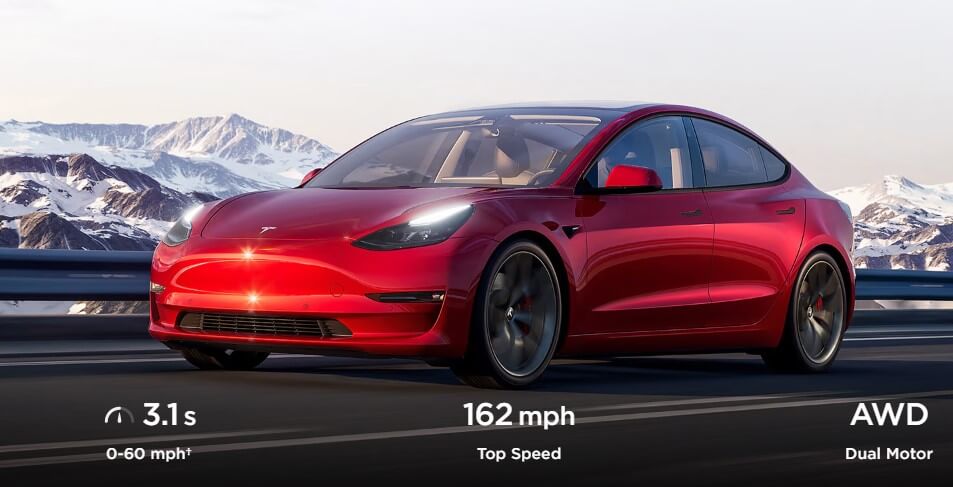
1. Tesla Model 3: Tesla’s Model 3 is a prime example of AI in EVs. Its Autopilot feature uses AI algorithms and sensors to enable semi-autonomous driving. This technology not only enhances safety but also offers a glimpse into the future of self-driving cars.
2. Mahindra XUV700: Mahindra’s XUV700 uses AI for its Advanced Driver Assistance System (ADAS). It offers features like adaptive cruise control, lane-keeping assist, and autonomous emergency braking, making driving more convenient and secure. Future of electric vehicles in India transport technology and the future
AI and Battery Management
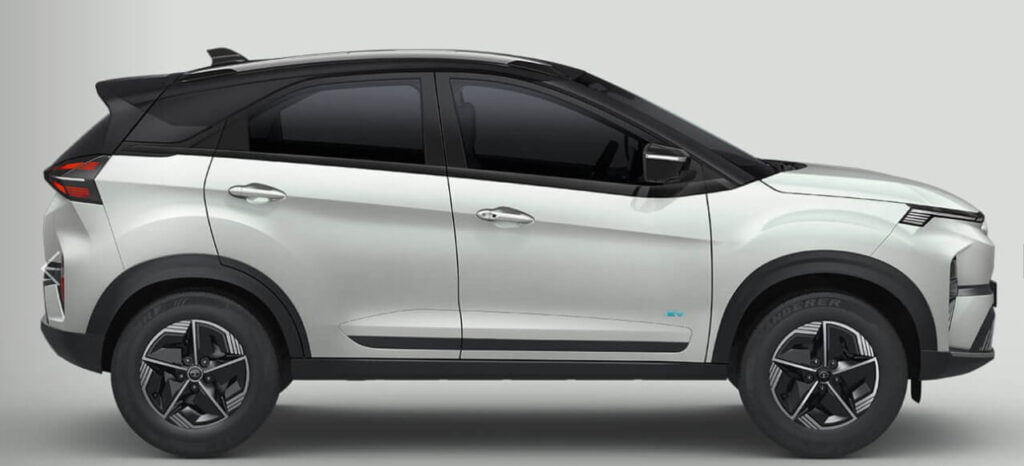
1. Tata Nexon EV: Tata’s Nexon EV employs AI to optimize battery performance. The Battery Management System (BMS) constantly monitors the battery’s health, ensuring longer lifespan and efficient power utilization. future transportation technology
2. Hyundai Kona Electric: The Hyundai Kona Electric uses AI to predict and adjust charging patterns based on your driving habits and preferences, reducing charging time and energy consumption. Future of electric vehicles in India
AI and Connectivity
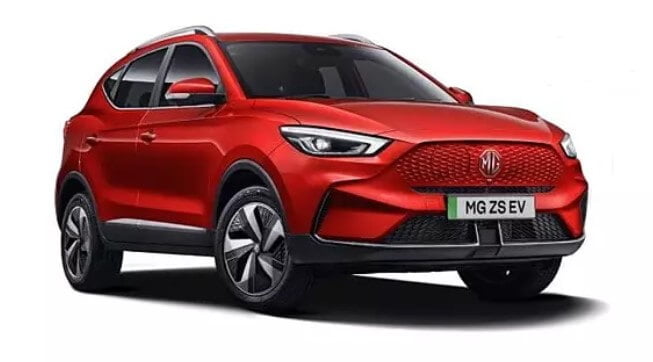
1. MG ZS EV: MG’s ZS EV boasts an AI-powered infotainment system. It offers real-time traffic updates, voice recognition, and over-the-air software updates, enhancing the in-car experience. future transportation technology
2. Nissan Ariya: The Nissan Ariya uses AI to create a seamless connection between the vehicle and the driver’s digital life, offering features like remote vehicle control through a smartphone app. transport technology and the future
AI and Range Optimization
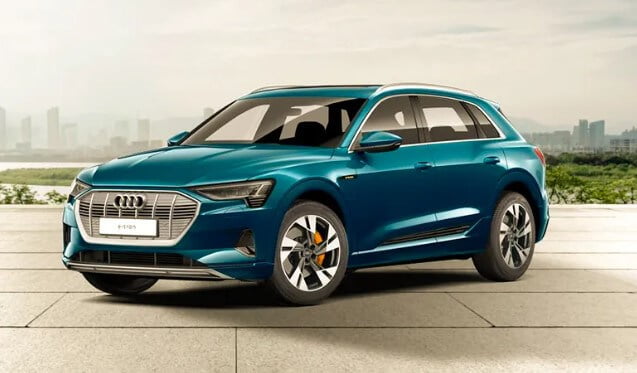
1. Audi e-tron: Audi’s e-tron uses AI to calculate the most energy-efficient route, factoring in topography and weather conditions, to maximize its electric range. future transportation technology
2. BMW iX3: The BMW iX3 employs AI to predict the driver’s route and adjust the powertrain for optimal efficiency, ultimately extending the vehicle’s range.
AI and Predictive Maintenance
1. Renault K-ZE: Renault’s K-ZE utilizes AI for predictive maintenance. It monitors vehicle components in real-time and alerts the driver and service centers about potential issues, reducing downtime and maintenance costs. future transportation technology
2. Jaguar I-PACE: The Jaguar I-PACE employs AI to analyze driving patterns and suggest maintenance schedules tailored to individual usage, ensuring the vehicle remains in peak condition.
Conclusion:
In conclusion, the future of electric vehicles in India in 2023 is deeply intertwined with the integration of AI technology. These intelligent EVs are not just eco-friendly; they are ushering in a new era of smart, efficient, and connected mobility. From autonomous driving to battery optimization, AI is enhancing every aspect of the electric vehicle experience. As India accelerates its transition toward cleaner transportation, these innovations are poised to play a pivotal role in reshaping the way we drive. The road ahead is exciting, and as AI continues to evolve, the future of electric vehicles in India is brighter than ever, promising a greener, safer, and more convenient tomorrow for all.
Read More
- What is Deepfake AI | Is Deepfake legal in India

- How AI can helpful at Ram Mandir Ayodhya Safety on January 22, 2024

- How Infosys loses $1.5 billion AI contract from global customer

- What is RAG Model ? How does rag work ? Future of Technology

- What is LLM large language model | Important LLM’s in 2023

- What happens if you go on the dark web | Is dark web illegal in India 2023?









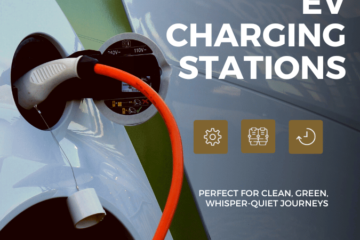
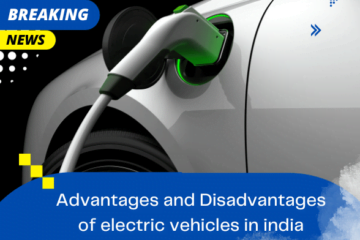
0 Comments